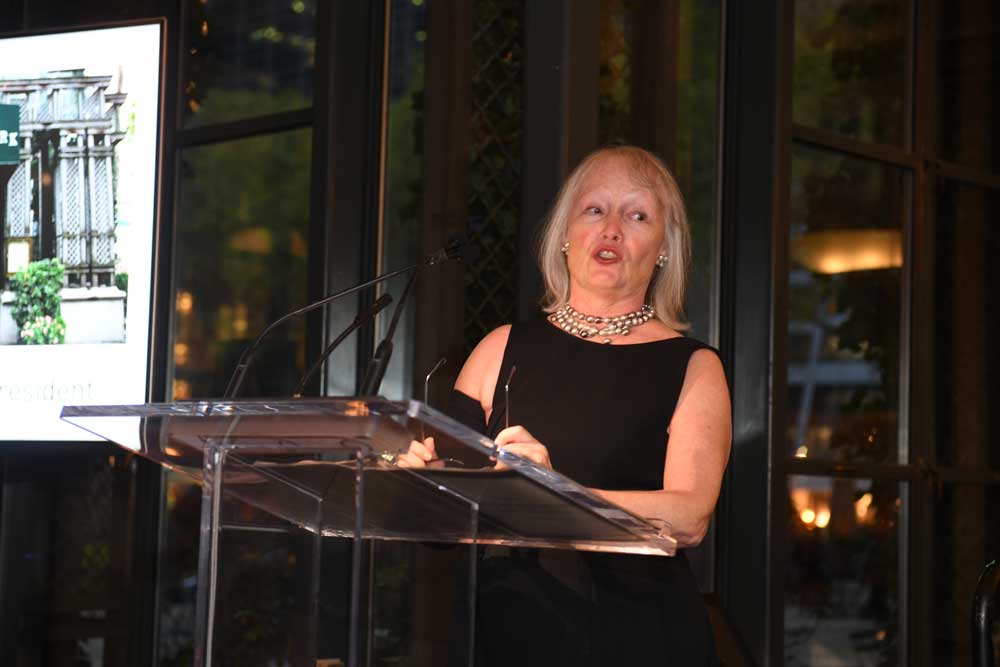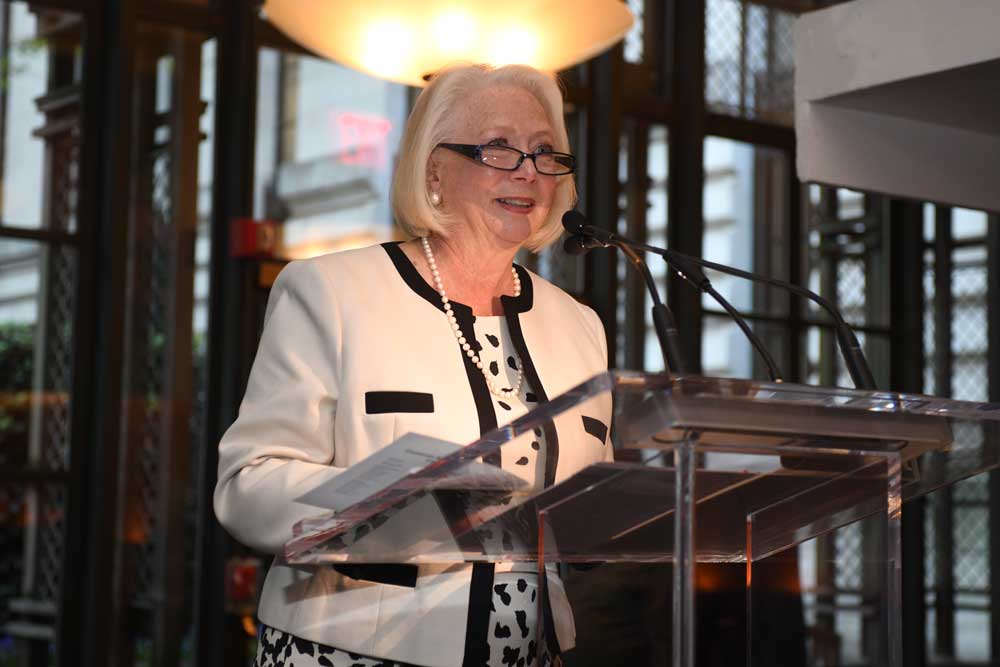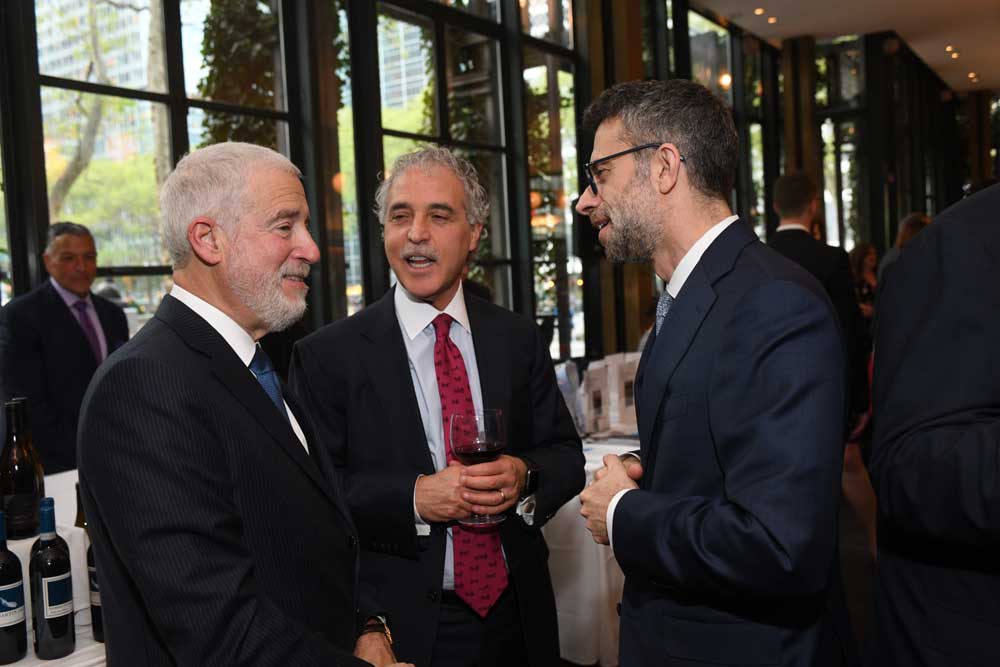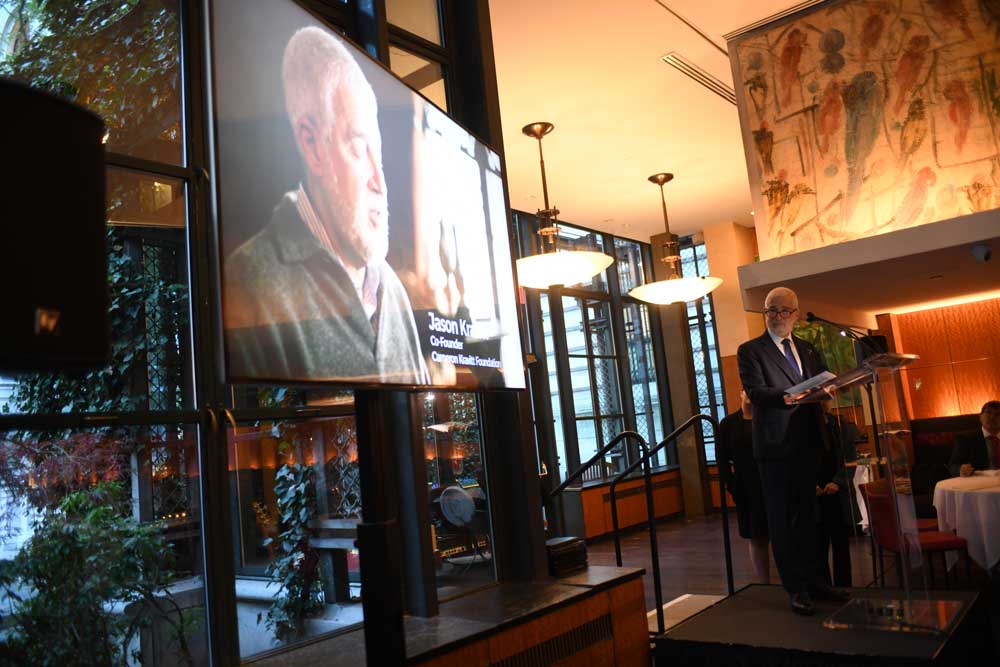Sponsored by
The Cameron Kravitt Foundation
In conjunction with
The Office of Medical Education Services, The Johns Hopkins University School of Medicine and The Johns Hopkins Children’s Center
Friday, February 5, 2016
Johns Hopkins Simulation Center
Goals and Objectives of this Seminar
- To gain expertise in talking with parents about death and bereavement and sharing bad news.
- To practice and experience how it feels to be in emotionally charged situations.
- To become more knowledgeable concerning the facts about autopsy, organ donation and learn strategies about how to approach these topics.
- To gain understanding of the importance of spirituality for parents and families.
- To learn strategies of how to help families in their grieving after their child has died and partner with other disciplines.
- To gain a better understanding of parents’ perspective when they have had a child who has died.
- To learn the importance and strategies of self-care when a patient has died.
- To become aware of available faculty to discuss issues about death and bereavement.
Agenda for Death and Bereavement Seminar
7:45 a.m. – 8:00 a.m. Continental Breakfast
8:00 a.m. – 8:15 a.m. Introductions
8:15 a.m. – 8:25a.m. Opening Remarks, Jason Kravitt, Co-Founder of The Cameron Kravitt Foundation
8:25 a.m. – 9:15 a.m. Viewing and discussion of the videotape “Your Child Has Died; the Hardest Words You’ll Ever Have to Say”
9:15 a.m. – 12:10 p.m. Standardized Patient Encounters
Organization and training by the Office of Medical Education Services, Johns Hopkins School of Medicine
Breakdown of Residents Into Four Separate Groups of Four or Five Residents Each, Gathered in Rooms With a Faculty “Facilitator” and Often an Observer From the Foundation
12:15 p.m. – 1:00 p.m. Lunch – Lobby
Each group convenes in their area to discuss:
1:00-1:30 pm Approach to Spiritual Issues in Families and Yourself- Matt Norvell
1:30- 2:15 Small Group Discussion
Discussion Questions
- Discussion about SP encounters from morning
- How would you initiate the discussion about autopsy?
- Suggestions/concerns about word choice?
- How do you balance how much information to give?
- Any personal barriers you might encounter?
- What is the meaning and importance of spiritual care to families?
- How did you feel when the parent asked you to pray with them?
- How much do your own spiritual beliefs affect your practice?
- What ways have you seen family’s spiritual beliefs affect their decision making?
2:15-3:15 pm Parent Panel Discussion, in Which a Parent Who Has Lost a Child Describes the Circumstances of the Child’s Death and How the Parent and Physician Responded to It.
3:15-3:30pm Break
3:30- 4:30 Small Group Discussion
Discussion Questions
- What were your reactions to the emotions of families?
- In what ways can we support families prior to, during and after a child’s death?
- What strategies have you found that help you to cope (best integrate) your professional experiences?
- How do other health care professionals support you?
4:30-5:00 pm Faculty Panel- Question and Answers





